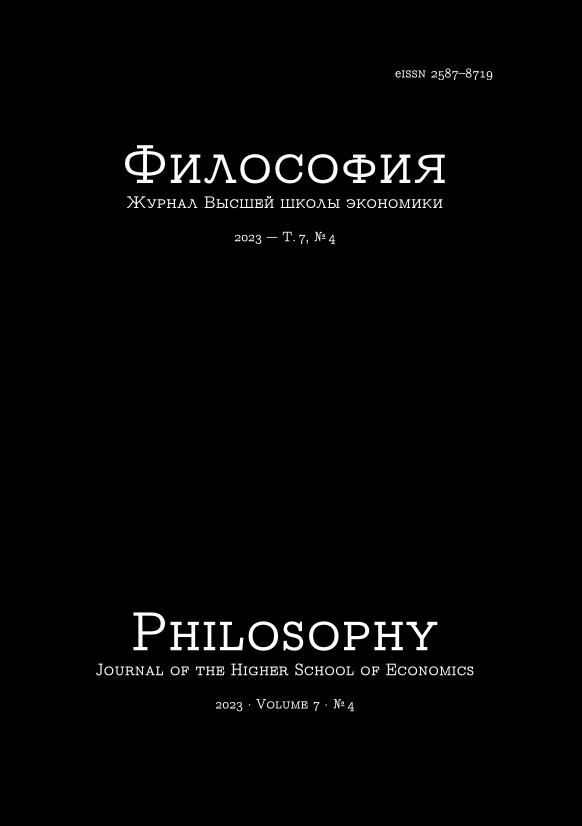A Supraclassical Probabilistic Entailment Relation
Abstract
The paper presents an original supraclassical nontrivial plausible entailment relation $\vapprox$ that employs Kolmogorov's probability theory. Its crucial feature is the primitiveness of a conditional probability, which one calculates with the help of the method of truth tables for classical propositional logic. I study the properties of the entailment relation in question. In particular, I show that while being supraclassical, i.e., all classical entailments and valid formulas are $\vapprox$-valid, but not vice versa, it is not trivial and enjoys the same form of inconsistency as classical entailment ⊧ does. I specify the place of the proposed probability entailment relation in certain classifications of nonclassical entailment relations. In particular, I use Douven's analysis of some probabilistic entailment relations that contains dozens of properties that are crucial for any probabilistic entailment relation, as well as Hlobil's choosing your nonmonotonic logic: shopper’s guide, due to the fact that $\vapprox$ is not monotonic, and Cobreros, Egré, Ripley, van Rooij's entailment relations for tolerant reasoning. At last, I perform a comparative analysis of classical, the proposed, and some other entailment relations closely related to the latter: those introduced by Bocharov, Markin, Voishvillo, Degtyarev, Ivlev, where the last two entailment relations are based on the so-called principle of reverse deduction, which is an intuitively acceptable way to connect classical and probabilistic entailment relations.
Downloads
Copyright (c) 2023 Philosophy Journal of the Higher School of Economics

This work is licensed under a Creative Commons Attribution-NonCommercial 4.0 International License.






